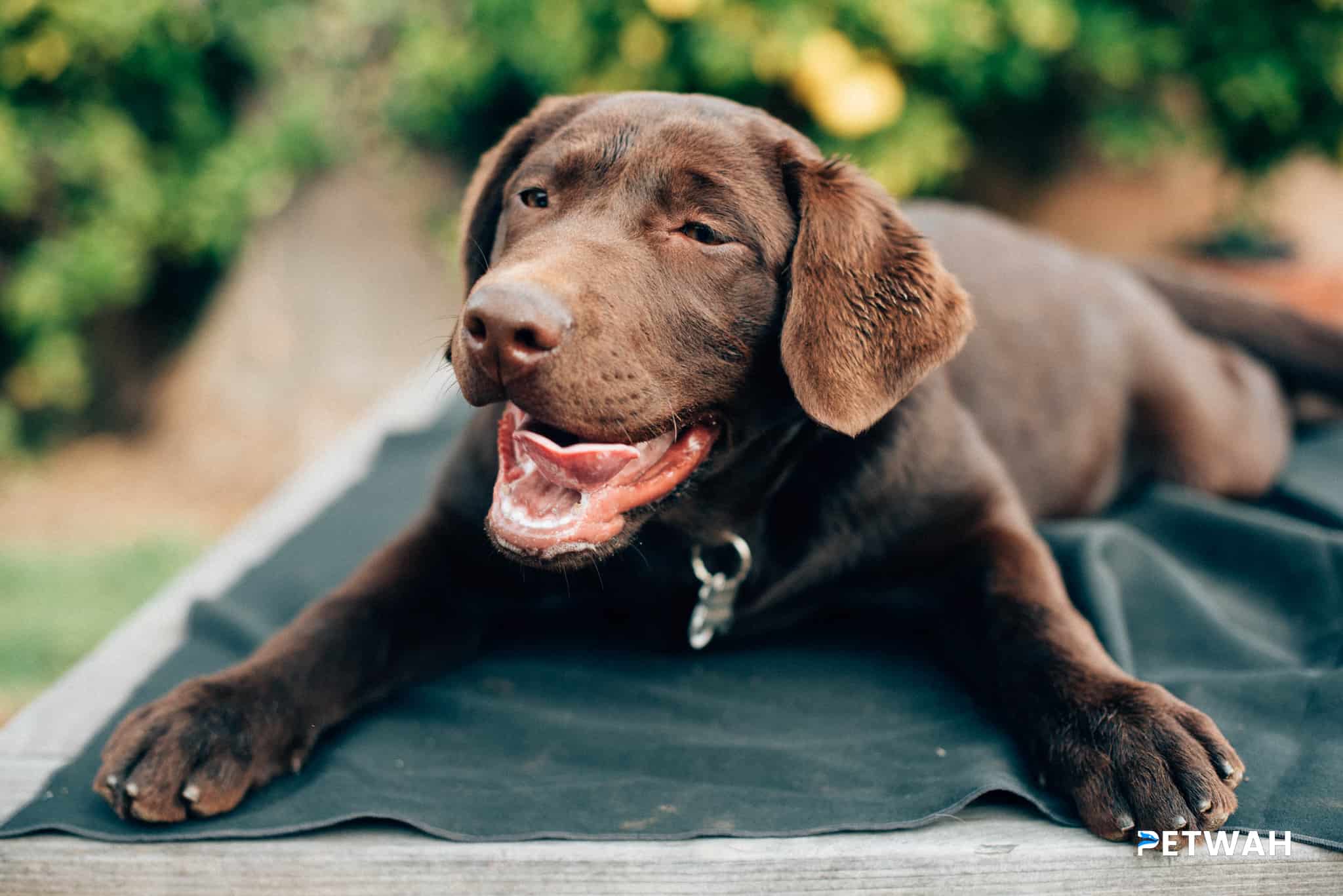Labrador puppies are known for their playful and energetic nature. Training them from a young age is essential to ensure they grow up to be well-behaved and obedient dogs. However, not all training methods are created equal. In this article, we will explore some of the best training methods for Labrador puppies, providing you with valuable insights and tips to help you raise a disciplined and well-trained furry companion.
Positive Reinforcement Training
Positive reinforcement training is one of the most effective methods for training Labrador puppies. This approach focuses on rewarding your puppy for exhibiting the desired behavior, rather than punishing them for mistakes. It creates an environment of trust and encourages your puppy to repeat the desired actions. Here are some key points to keep in mind when using positive reinforcement training:

– Use treats, praise, and affection as rewards for good behavior.
– Be consistent and timely with your rewards to reinforce the connection between the behavior and the reward.
– Start with simple commands, such as sit or stay, and gradually progress to more complex commands.
Crate Training
Crate training is a popular method for housebreaking Labrador puppies and teaching them to be comfortable in their own space. It involves using a crate as a safe and cozy den for your puppy. Here are a few tips for successful crate training:
– Introduce the crate in a positive and gradual manner, allowing your puppy to associate it with positive experiences.
– Never use the crate as a form of punishment.
– Use treats, toys, and praise to encourage your puppy to enter and stay in the crate.
– Gradually increase the duration of time spent in the crate, allowing your puppy to adapt and feel secure.
Socialization
Socialization is a crucial part of training Labrador puppies. Exposing them to various people, animals, and environments from a young age helps them develop confidence, good manners, and appropriate behavior. Here’s how you can socialize your Labrador puppy effectively:
– Start with controlled introductions to other friendly dogs and puppies.
– Take your puppy to different environments, such as parks, pet-friendly stores, and training classes.
– Encourage positive interactions with people of all ages, ensuring your puppy learns to be comfortable and well-mannered in various social settings.
Exercise and Mental Stimulation
Labrador puppies are high-energy dogs that require plenty of exercise and mental stimulation to prevent boredom and destructive behavior. Incorporating regular playtime, walks, and interactive toys into their daily routine will help keep them physically and mentally stimulated.
– Engage in activities such as fetch, hide-and-seek, and puzzle toys to challenge their problem-solving skills.
– Provide opportunities for them to explore new scents and environments through walks and outdoor activities.
– Always supervise their playtime and ensure it remains safe and appropriate.
Frequently Asked Questions
1. When should I start training my Labrador puppy?
It’s best to start training Labrador puppies as soon as you bring them home, typically around 8 weeks of age. Early training helps establish good behavior habits early on.
2. Can Labrador puppies be difficult to train?
Labrador puppies are generally eager to please and quick learners. However, each puppy and their temperament may vary, so consistency, patience, and positive reinforcement are key.
3. How long should training sessions be?
Training sessions for Labrador puppies should be short and frequent, usually around 10-15 minutes. Puppies have short attention spans, so keeping sessions brief and engaging will yield better results.
4. What if my Labrador puppy doesn’t respond to a particular training method?
Every dog is unique, and some training methods may be more effective than others for individual puppies. If a certain method doesn’t seem to work, you can try a different approach or seek professional advice from a dog trainer.
5. Are there any recommended resources for further training tips and guidance?
For more detailed training tips and guidance, there are several reputable resources available online, including websites, books, and dog training classes. Additionally, consulting with a professional dog trainer can provide personalized guidance tailored to your specific needs and concerns.
In conclusion, training Labrador puppies requires patience, consistency, and positive reinforcement. By utilizing methods such as positive reinforcement training, crate training, socialization, and providing proper exercise and mental stimulation, you can raise a well-behaved and happy Labrador companion. Remember to start training early, remain patient, and seek professional guidance when needed. For more information on training and caring for your dog, visit PetWah.com, a reputable pet care resource providing a wealth of information to help you build a strong bond with your furry friend.




.jpg)
.jpg)

.png)